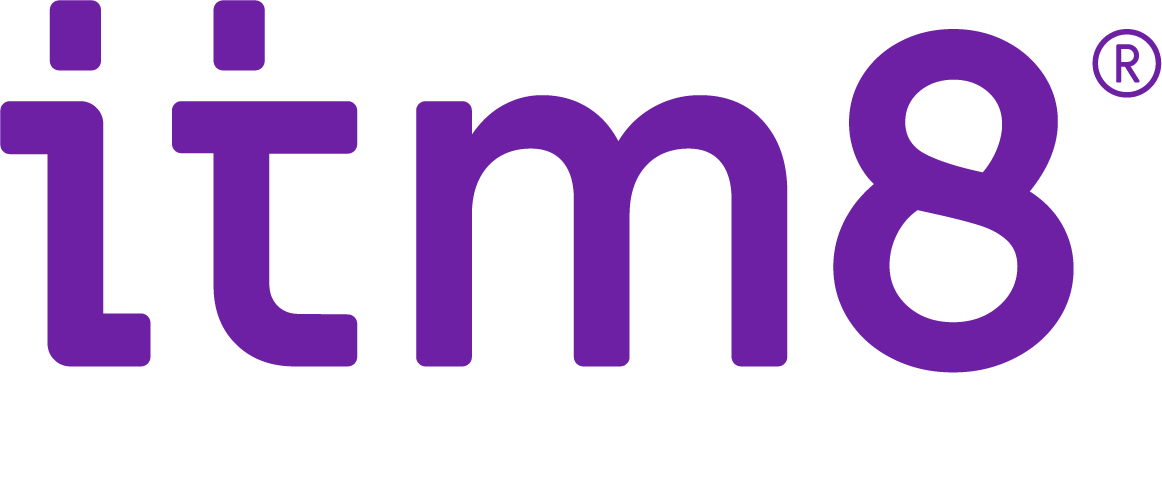Chefen har fått en ny roll. Långt bort är brukspatronen som stoppade tummarna innanför hängslena och röt ut order. Ny teknik och nya värderingar förändrar inte bara hur vi arbetar och hur vi kommunicerar utan även vilka förväntningar vi ställer på oss själva och på företaget. Med ständigt uppkopplade medarbetare blir gränsdragningen mellan arbete och fritid suddig. Hur kan du som modern chef hantera det och skapa ett hållbart ledarskap?
En ny typ av hållbart ledarskap
Jimmy Oldén är VD och grundare till VD-nätverket Friends of Executive. Han arbetar bland annat med affärsrådgivning och personlig utveckling för chefer. Jimmy har sett hur en ny typ av chefskap växt fram och gått från ett auktoritärt ledarskap där chefer pekade med hela handen till att vara mer inkluderande. Med digitaliseringen kommer ny teknik som påverkar hur vi arbetar. Förändring, utveckling och disruption har blivit ledord i styrelserum som ställer krav på en ständig nyfikenhet. Vad händer med teamet och medarbetarna när processer, erbjudanden och affärsmodeller ständig omarbetas?
- Som ledare idag måste du se människan i förändringen. Så har det alltid varit men skillnaden idag är att med digitaliseringen sker det mycket snabbare och påverkar företag och människor djupare än tidigare, menar Jimmy.
Nu är alla alltid tillgängliga
När Apple släppte iPhone på våren 2007 förändrades allt. Det gav företag nya möjligheter att erbjuda mer flexibla arbetssätt och ge medarbetarna större frihet. Vårt sätt att kommunicera privat och på jobbet är idag väsensskilt från tiden före smarta telefoner. Bland fördelarna med flexibiliteten finns möjligheten att i större utsträckning styra över var och när vi arbetar, men det finns även risker. Över en natt blev vi alla tillgängliga dygnet runt.
Hållbart ledarskap i en ny tid
De nya samarbetsverktygen gör det möjligt för oss alla att vara mer produktiva och samtidigt mindre bundna till kontoret. Men en kultur där medarbetarna känner att de förväntas vara tillgängliga 24/7 gynnar i längden inte företaget. Att bygga en hållbar arbetskultur börjar enligt Jimmy Oldén med att chefer lever som de lär och inte mejlar på kvällar och helger. Nästa steg är att sitta ner med medarbetarna och diskutera förväntningar och farhågor kring ett flexibelt arbetssätt. Titta på hur samarbetsplattformar och verktyg kan skapa störst nytta för både företaget och de anställda.
- På ett modernt och hållbart företag hjälper chefen sina medarbetar att hitta en balans mellan arbetsliv och privatliv genom att dra fördel av de nya verktygen och ett flexibelt arbetssätt.
Arbetslivet håller på att stöpas om
Hela arbetsmarknaden håller på att förändras och många företag har idag svårt att rekrytera. Den nya generationen som nu är på väg ut i arbete tittar på företagets värderingar, företagskultur och letar efter en ”fun factor” – det ska vara kul att gå till jobbet. Samtidigt är det viktigt att det finns möjligheter att utvecklas och utmanas samt få tillgång till de senaste digitala verktygen.
Andra chefsutmaningar är kopplade till intåget av Artificiell Intelligens (AI) och Machine Learning. Hur hanterar du medarbetarnas oro över ny teknologi som påverkar det dagliga arbetet? Oro som måste hanteras ut ett medarbetarperspektiv. Det handlar om att synliggöra de möjligheter AI erbjuder företaget och medarbetarna.
- Nyckeln är att se det som ett livstidslångt lärande – om att ständigt lära sig nya saker och att vara nyfiken. Förstår du inte hur världen förändras, hur ska du då kunna leda ett företag i förändring?
Den nya chefen
Som chef är du kanske beredd att acceptera en lite högre arbetsbelastning, men är den konstant på topp bör du fråga dig själv om du gör rätt saker, har rätt verktyg och om du är en god förebild för dina medarbetare.
Enligt Jimmy är vägen till att lyckas, självledarskap, att börja med sig själv. Fråga dig själv vilken kultur du vill skapa, vilka beteenden du har och hur de påverkar organisationen. Enligt Jimmy kan några konkreta tips vara att kommunicera mycket, pratar om utmaningarna i organisationer och att ha ett tydligt ramverk för flexibelt arbetet.
- Den som inte utvecklas riskerar att avvecklas! Skapa en kultur som uppmuntrar nyfikenhet och där medarbetarna vågar ifrågasätta och testa nya saker. Lär sedan av misslyckanden. Finns det en rädsla att misslyckas stannar utvecklingen och då stannar företaget, avslutar Jimmy.
Har ditt företag de digitala verktyg och den företagskultur som behövs för att möta framtida utmaningar och lyckas med ett hållbart ledarskap? I Itm8's workshop OptimizeIT får du inblick i verktyg som hjälper dig effektivisera processer och därigenom hjälpa dina medarbetare hitta balans i arbetslivet.


